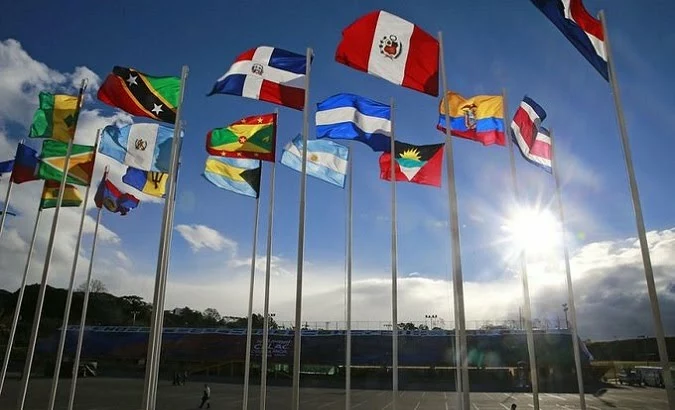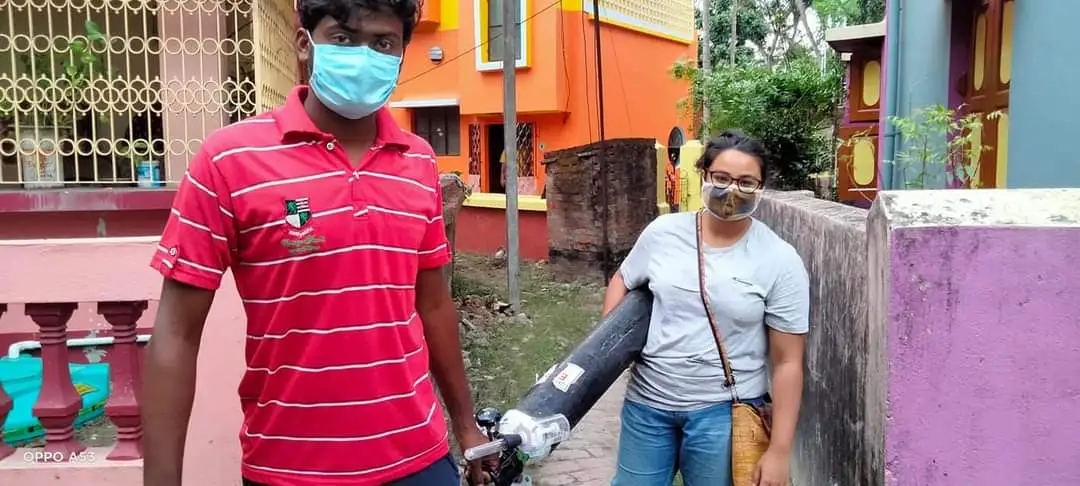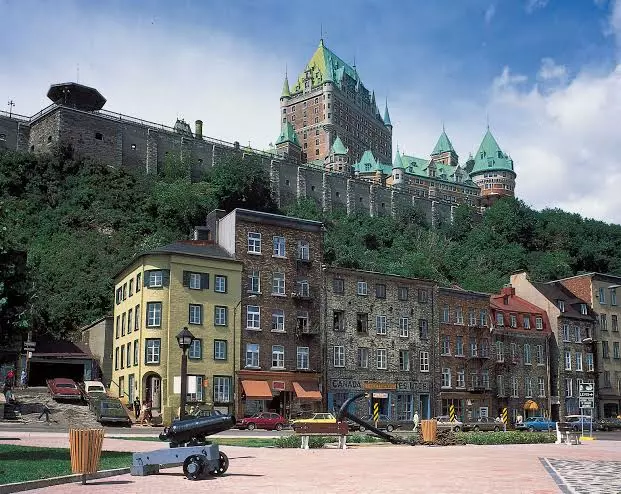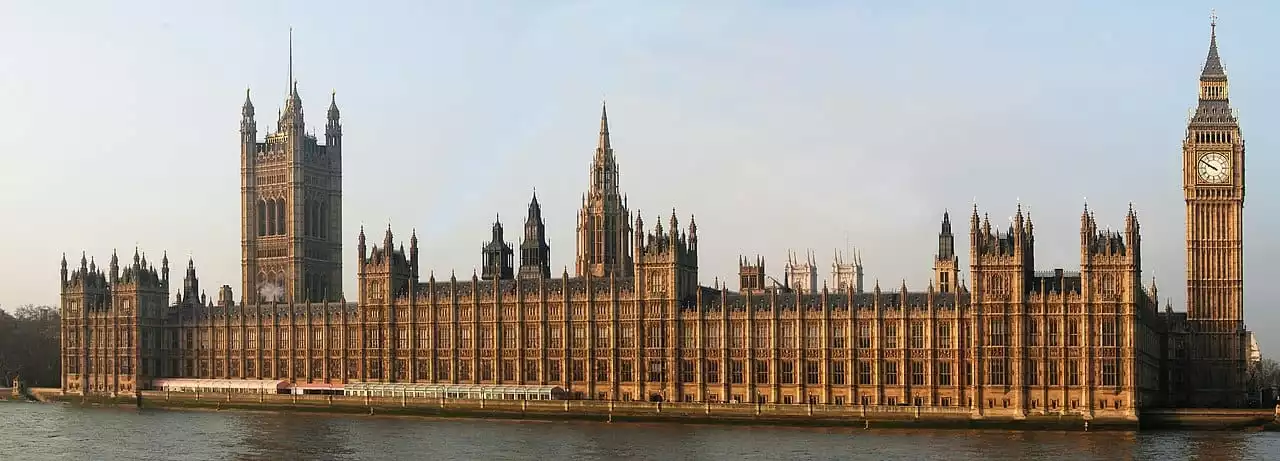De-dollarisation marches on inexorably on the global scale, and Latin America is not outside its ambit. To analyse the situation on the ground, The International spoke with Diego Sequera, Venezuelan geopolitical analyst and editor of the news and investigative reporting outlet Misión Verdad, who discusses the de-dollarisation processes in Latin America and the challenges and possibilities of the phenomenon.
1. What de-dollarisation processes/mechanisms are currently going on in Latin America? Could you briefly describe them?
Currently, the most significant one is the Chinese-Brazilian trade. A few weeks ago, Argentina stated they would do the same, but other than that, and Venezuelan oil invoiced in renminbi (although on a debt level, not as revenue) these two are the most significant trends at least for now. In Venezuela, de-dollarisation proper is a matter that is being thoroughly discussed on a state level and probably soon enough will see something about this. But overall, the whole situation is incipient and compared to other regions you could say it’s lagging behind.
2. According to reports from the Inter-American Development Bank over the years, Latin America is the most dollarised region in the world. Why is it so? Is that dynamic changing as yuan, for example, is being incorporated as a reserve currency by central banks of large economies such as Brazil?
On the latter, we still need to see how far and how able Brazil will be developing this possibility. Said differently, how far will the US and the São Paulo hardcore money circles will find better business there and thus, willing to hold the line once US/EU pressure comes in full force. It will also depend on which countries, and how, will actually join the de-dollarisation train. There’s a paradox here: this is mainly a (geo)political move and Central Banks will come next. If Brazil keeps some of their weird or ambiguous stances (Russo-Ukrainian war, as a good example), this could weaken the regional trend. Latin America indeed is the most dollarised region in the world precisely for that: the US needs to keep their grip on the whole region and there’s no bigger, more efficient tool than the dollar itself. It’s pretty obvious why our region is the one hardest under the dollar yoke: they see us as an integral although subordinate and dependent part of them, they depend on us on everything else and any move that woos away any country or group of countries in the region, this is apparent, is a major threat.
3. President Lula recently announced that he wishes to work with partners in the region to launch a common currency, Sur. The last time something like that happened was when ALBA created its mutual compensation mechanism, SUCRE. Is there any indication that Sur could be similar to that? Or is there a push to make it like the Euro, which disappeared European national currencies, given that several progressive heads of state of the region, such as Petro, AMLO, Lula himself, consider the European Union as an exemplary regional integration mechanism?

Sadly, the SUCRE mechanism didn’t happen. It remained on paper and then, El Comandante’s death and Venezuela’s next war cycle didn’t allow any of that to grow. SUCRE, by the way, also stands for Antonio José de Sucre, the one meant to inherit Bolívar’s leadership and vision, also Venezuelan, who commanded the Ayacucho Battle and was then murdered by Colombian oligarchs.
Sur could have some obvious advantages: you already got a regional platform that could test and run that possible currency in Mercosur. Although you still need to solve a key issue: convertibility. For now, we see that China, Russia, the UAE, India and others are relying on the BIS Bridge CBDC project to do this, not relying, yet, on a basket of currencies or gold, but using local ones, the ones that already have been successfully tested on the Bridge platform. Brazil and China are doing bilateral trade based on local currencies, for now. You need to bridge that gap locally and you’ll also need, eventually, a bank for this. I’m skeptic about those “progressive” governments and their actual will to go beyond statements and feel-good ideas on paper. But it’s still is a must. This is still a blank page with a very bumpy road ahead, hoping that they won’t consider the EU as a model, especially now. And that’s a risk.
4. How do you see the de-dollarisation trends in Latin America within the current geopolitical scenario? Do you think the emerging global multipolar climate is easing the process for Latin America, or complicating it?
Like I said, it’s rather incipient and we can only hope that the region gears up for this, everywhere else it’s stepping up and I frankly don’t see any significant move. Rather some rollback moves instead (Colombia right now with a looming domestic crisis, Perú, etc.). You also got US State Department stating their “concern” with any and every regional approach to China (Honduras, for example), so in that sense it’s complicating it, but there’s no other way to ease this other than moving forward. It is something undecided, and you got many US-dollar status quo strongholds where nothing is moving towards the multipolar direction. We are lagging behind.
Cover Image Credit: By Telesur
Editor's Note:
The views and informations expressed in the article are solely those of the author and may or may not reflect the views of The International. We believe in providing a platform for a range of viewpoints from the left.






